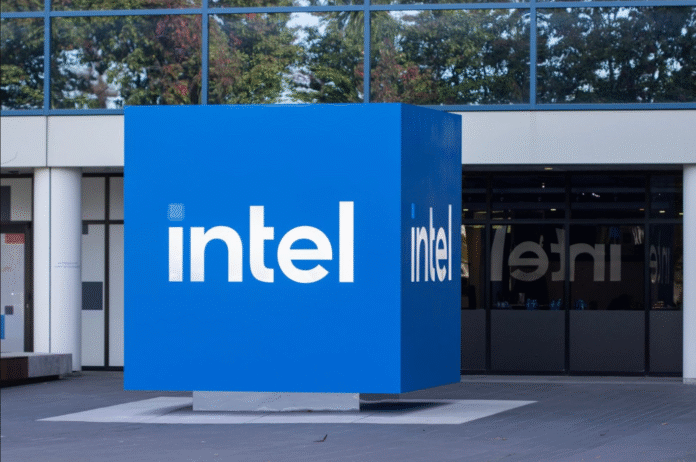US Stake in Intel Moves Markets But No Deal Yet
The US stake in Intel story roared across headlines on Thursday, sending Intel’s shares soaring over 7% after reports surfaced that the Trump administration is negotiating a partial takeover of the chipmaker. The possible deal intended to rejuvenate America’s semiconductor muscle brings to light how government and industry might intertwine in the high-stakes competition of global tech dominance.
What’s Fueling the Rise in Intel Shares
Intel stock surged in response to a Bloomberg report suggesting that Washington is exploring taking a stake in the chip giant to bolster its production capabilities, especially a massive chip factory planned in Ohio. U.S. pre-market trading saw a 4.6% increase, while global markets recorded a jump of around 7% in Intel’s valuation.
Official Stance: It’s Still “Speculation”
White House spokesperson Kush Desai emphasized caution, noting that “discussion about hypothetical deals should be regarded as speculation unless officially announced.” Despite the buzz, Intel declined to comment, stating only that it remains “deeply committed to supporting President Trump’s efforts to strengthen U.S. technology and manufacturing leadership.”

What This Could Mean for Intel and the U.S.
Analysts are calling a possible US stake in Intel a lifeline. Financial support and government backing could breathe new life into Intel’s struggling foundry operations, particularly its long-delayed Ohio megafab. Tech watchers warn, though, that this won’t solve the company’s technological lag behind rivals like Nvidia.
Strategic Significance: A Broader Shift at Play
This move would mark a sharp turn in U.S. policy, signaling deeper government entanglement in private industry, an approach reminiscent of state intervention tactics elsewhere, such as in China. Following similar actions with Nvidia and AMD, it suggests the administration sees semiconductor independence as a national imperative.
Is This the Only Option to Compete?
Experts argue that Intel the only American chipmaker capable of high-scale, advanced semiconductor production deserves special treatment. Failing to secure global chipmaking capability at home could jeopardize the U.S.’s technological sovereignty.
What’s Next? The Details Remain Unclear
How much of Intel the U.S. might acquire or what terms would attach remains under wraps. Analysts expect the government to take a non-controlling but influential position, enough to realign the company toward national goals.
Ohio Plant: Heart of the Negotiation
facility has been a failed centerpiece promised as the world’s largest chip fab, but plagued since inception. Government investment could finally catapult the project forward, signaling a revival of semiconductor manufacturing in the U.S.

Can U.S. Industry Handle This Mix of Private and Public?
Adding government influence to corporate boards raises concerns. Will Intel retain autonomy? Industry experts caution that maintaining balance will be critical to ensure this strategic intervention fuels innovation, not bureaucratic inertia.
How Investors Reacted
The stock market heralded the report as a turning point. Traders speculated that government backing could aid Intel’s foundry business and attract more fabless companies to its facilities. For now, it’s a shot in the arm but the path to turnaround remains steep.ReutersMarketWatch

